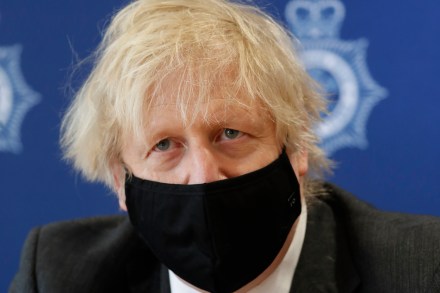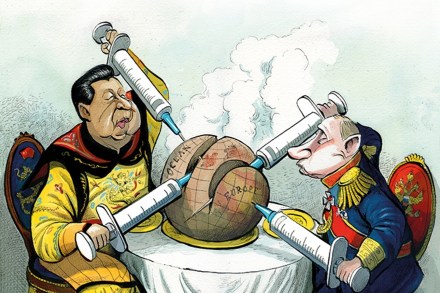Is ‘Starmerism’ an empty project?
Keir Starmer is an extremely methodical politician. Like the mills of God, he might grind slow, but he grinds exceedingly small. Once the Labour leader sets his mind to an objective – such as ridding his party of the taint of anti-Semitism – he is implacable. Just ask the Corbynite wing of the party, who have seen Corbyn suspended from the Parliamentary Labour Party and Rebecca Long-Bailey exiled to the backbenches. In the same way Starmer has unremittingly set out to win back those Red Wall voters Labour lost to Boris Johnson in the 2019 general election. We have consequently heard much of his belief in the family and of




















